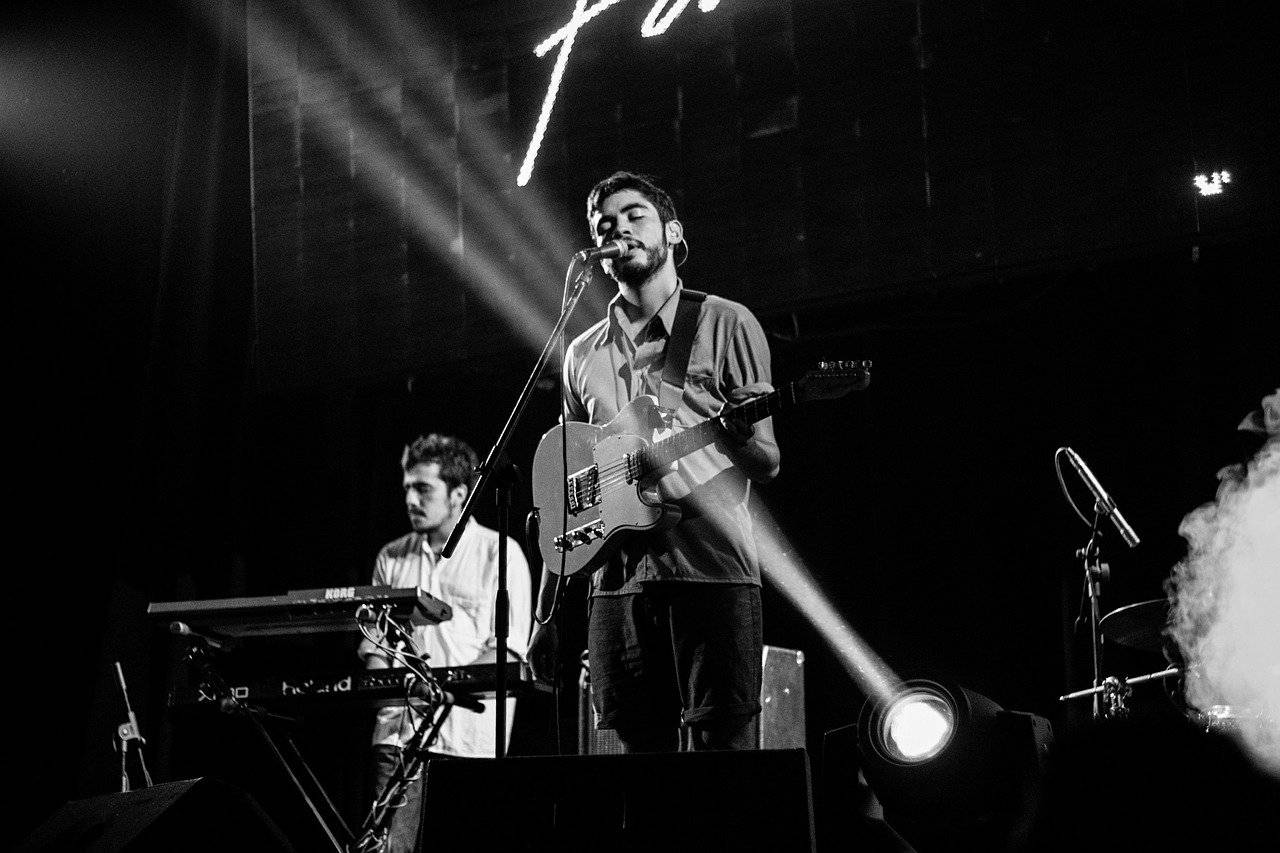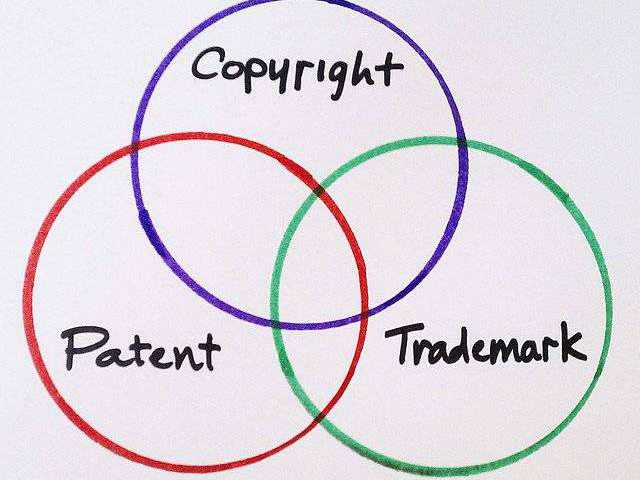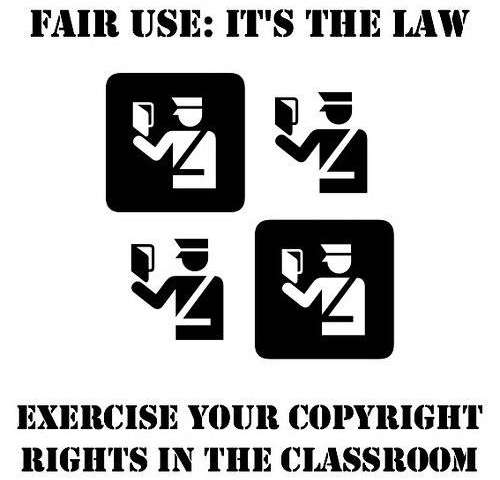In last week’s post, we explored the concept of performer’s rights, which was recognized only in 1994, under the Indian Copyright Act, 1957, after a long delay. The basis for recognition of performer’s rights stems from the need for recognition of rights of performers as well as the need for sharing of the proceeds from the commercial exploitation of the visual or acoustic performances of actors, musicians, singers or dancers.
This week, we shall be discussing the judicial approach in India towards the performer’s rights, in relation to the cinematographic works and the entertainment industry. However, before we begin the discussion on the aforesaid topic, it should be admitted that there is a dearth of litigation on the law relating to Performer’s rights, a reason that can be attributed to the fact that law in India at this point is still in a nascent stage.
The earliest cases on Performer’s rights, owing to the non-recognition of Performer’s rights under the Indian copyright law, completely denied the existence of rights of Performers. In Fortune Films International v. Dev Anand [AIR 1979 Bom 17], the Honourable Supreme Court stated that an actor in a film has no rights over his performance in the film. However, this position changed in 1994 with the Indian Copyright Act, 1957 extending recognition to Performer’s Rights with the inclusion of Sections 38 and 39. In 2003, the Delhi High Court, in Super Cassettes Industries v. Bathla Cassette Industries [107 (2003) DLT 91], while establishing that performer’s rights were different from copyright, held that re-recording of a song without the authorization of original performer constituted an infringement of the performer’s rights. This decision marked an important step forward by the Indian judiciary, with respect to the recognition of Performer’s rights in India. As ‘performance’ under the Indian Copyright Act has been defined as any visual or acoustic presentation made live by one or more performers, the Delhi High Court, in Neha Bhasin v. Anand Raj Anand [2006 (32) PTC 779 Del.], addressed the question of what would constitute a ‘live performance’. The Court observed that “Every performance has to be live in the first instance whether it is before an audience or in a studio. If this performance is recorded and thereafter exploited without the permission of the performer, then the performer’s right is infringed.”
Apart from the aforementioned, there doesn’t seem to have any significant decision in India that is related to Performer’s rights. As mentioned earlier, performer’s rights were recognized in India after a long delay. Furthermore, there is a lack of judicial decisions relating to the rights of performers. These are perhaps the primary reasons why the law relating to Performer’s rights is still at a rudimentary stage, in India.
Authored by Nithin V. Kumar



